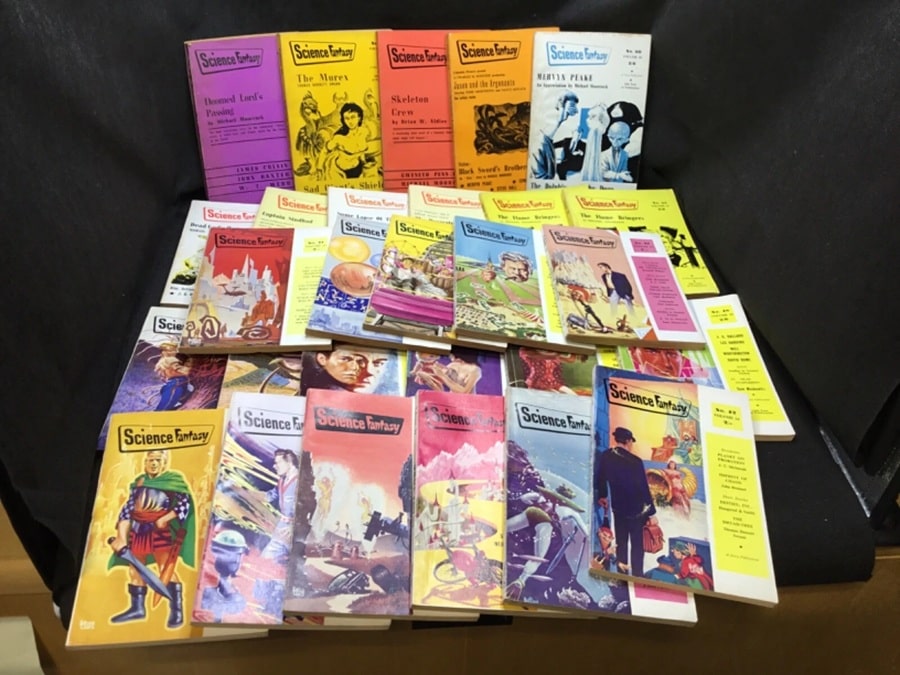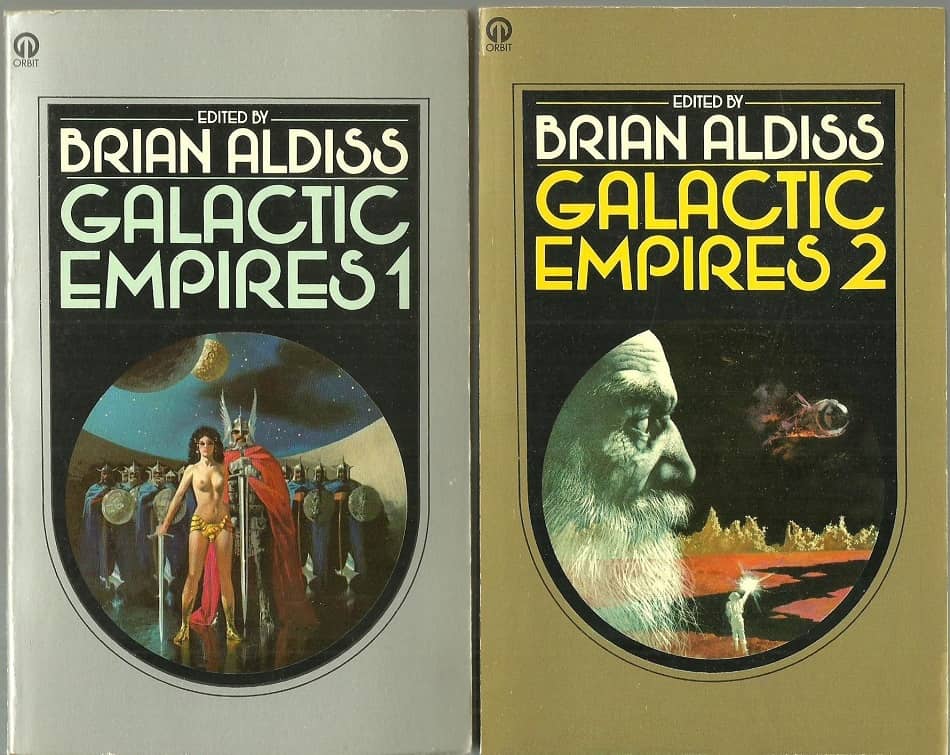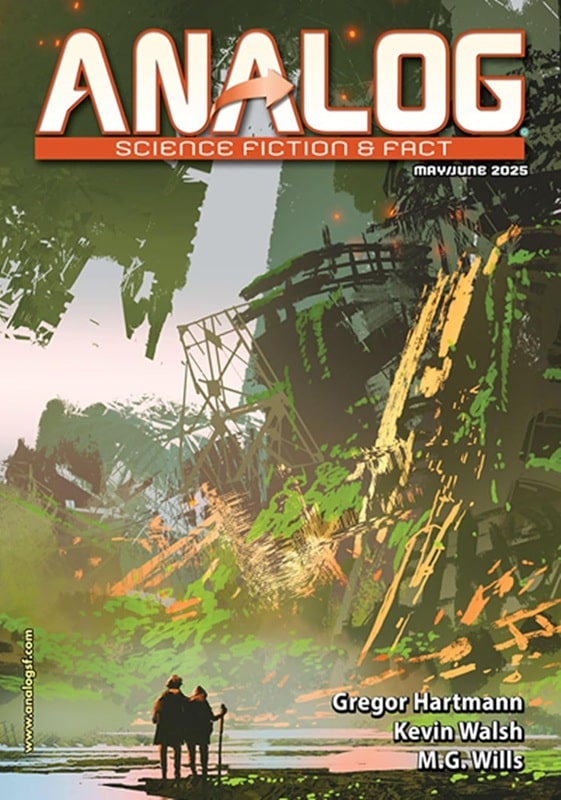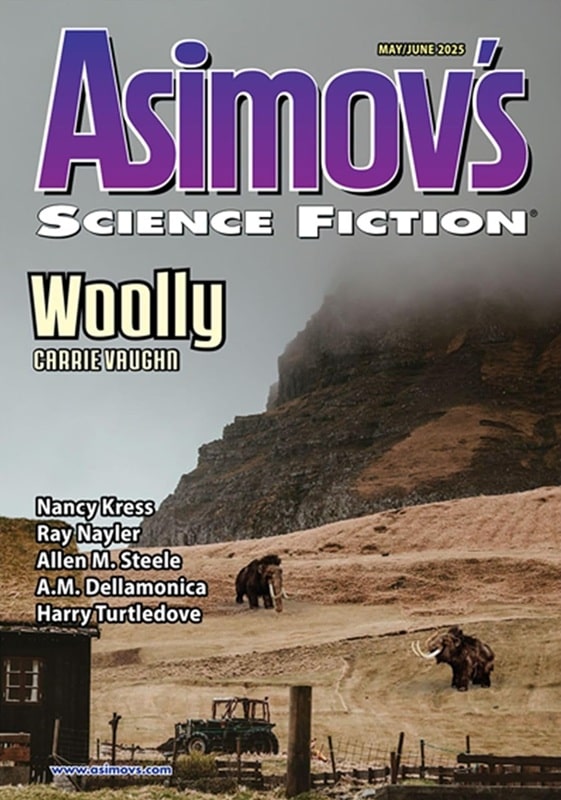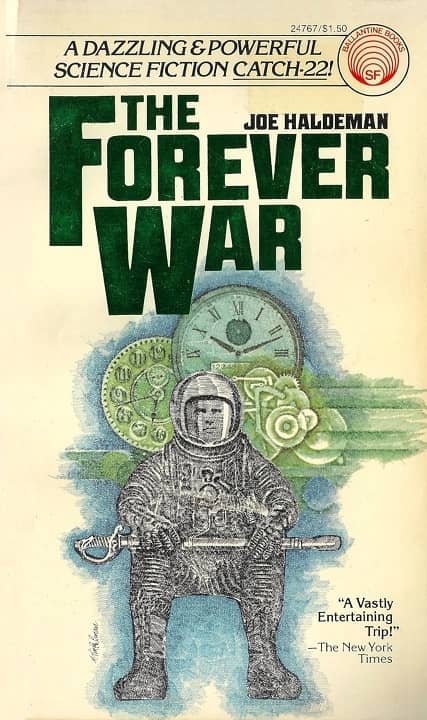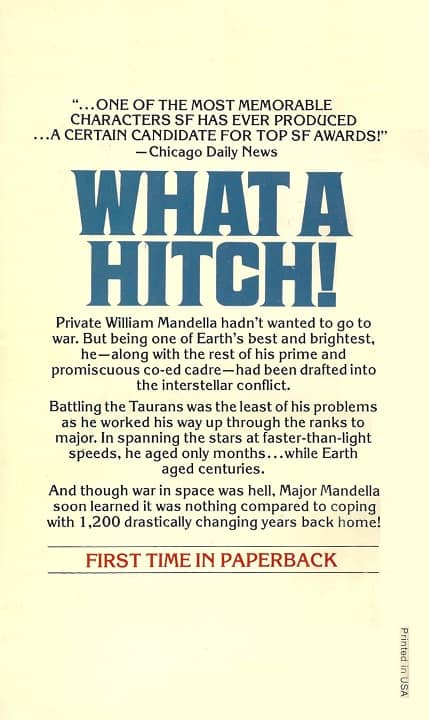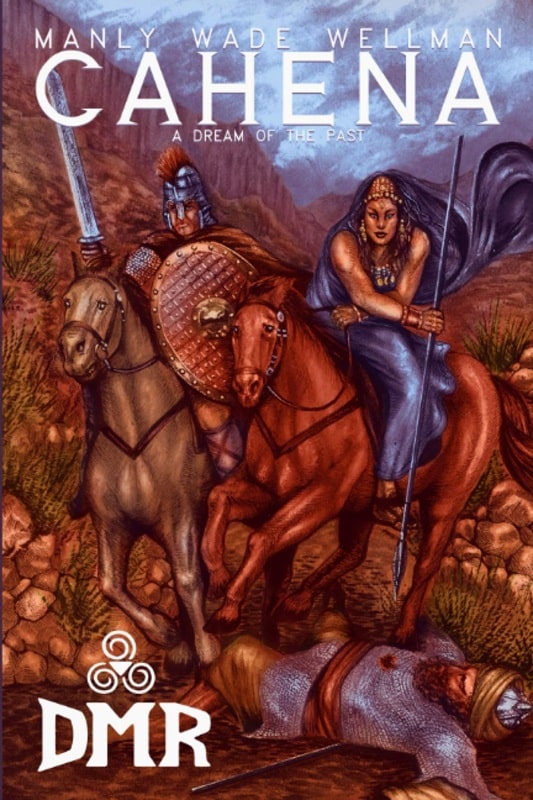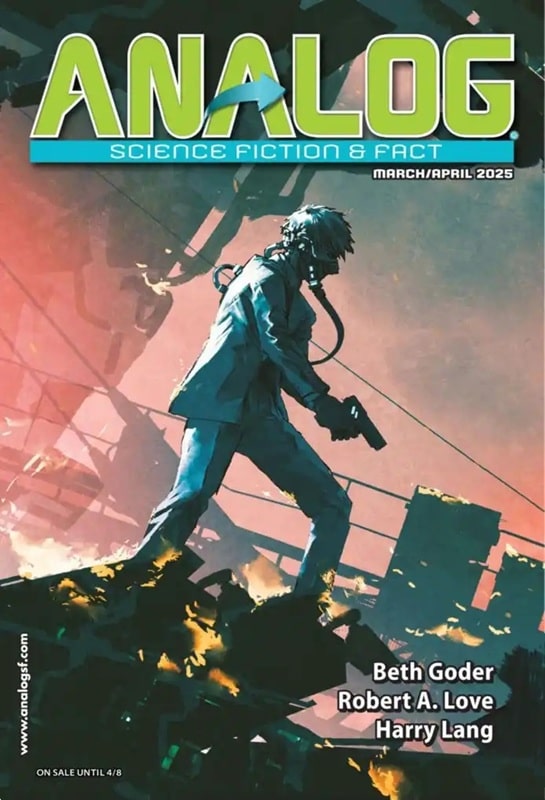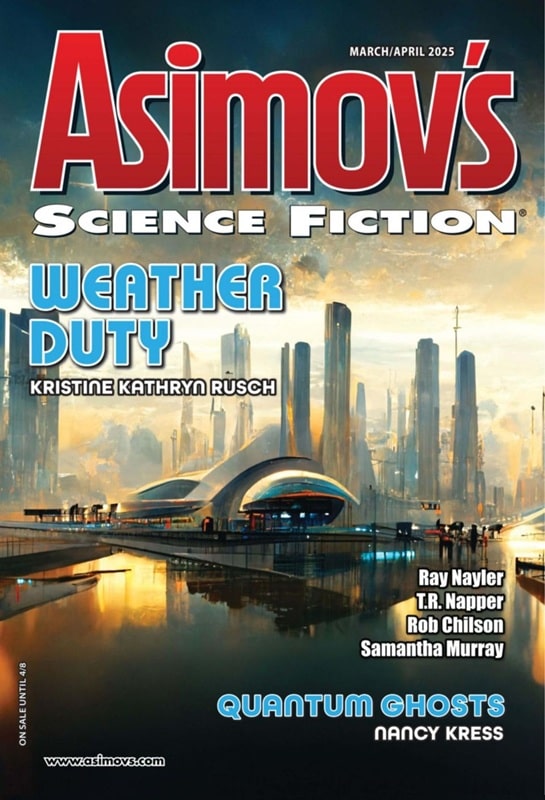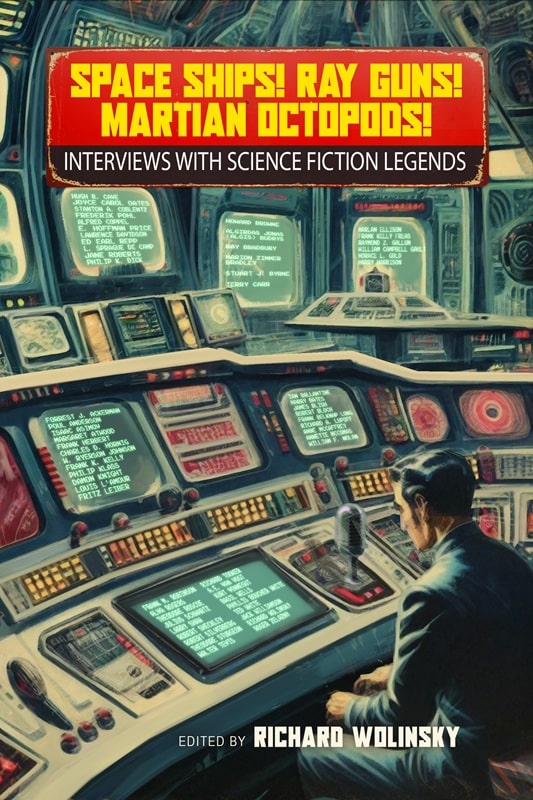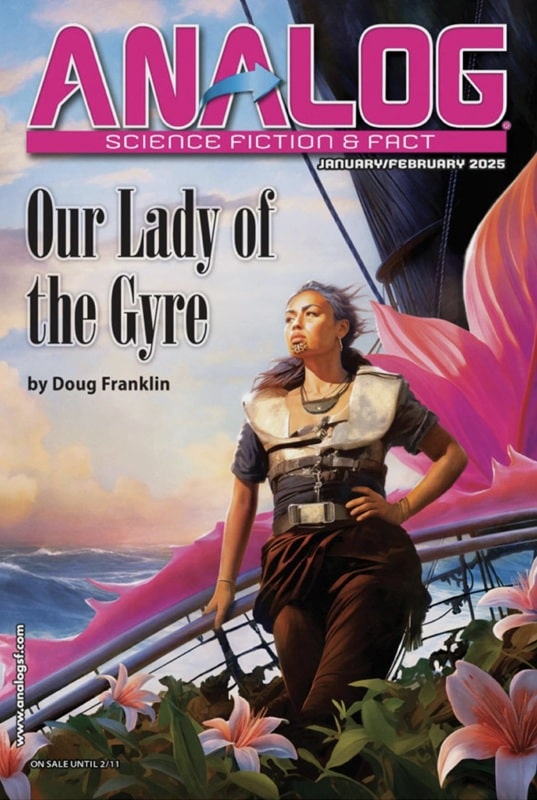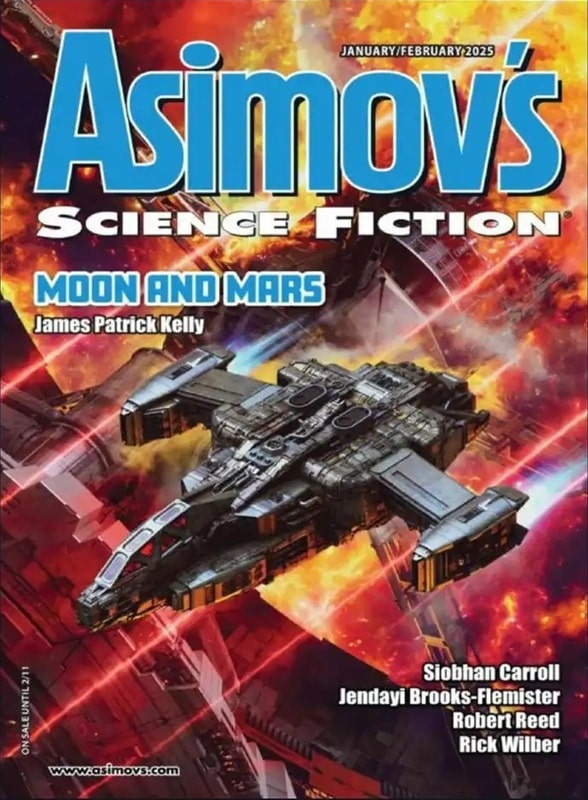Hive Mind Weddings, Worm Songs, and Space Pirates: July-August Print Science Fiction Magazines
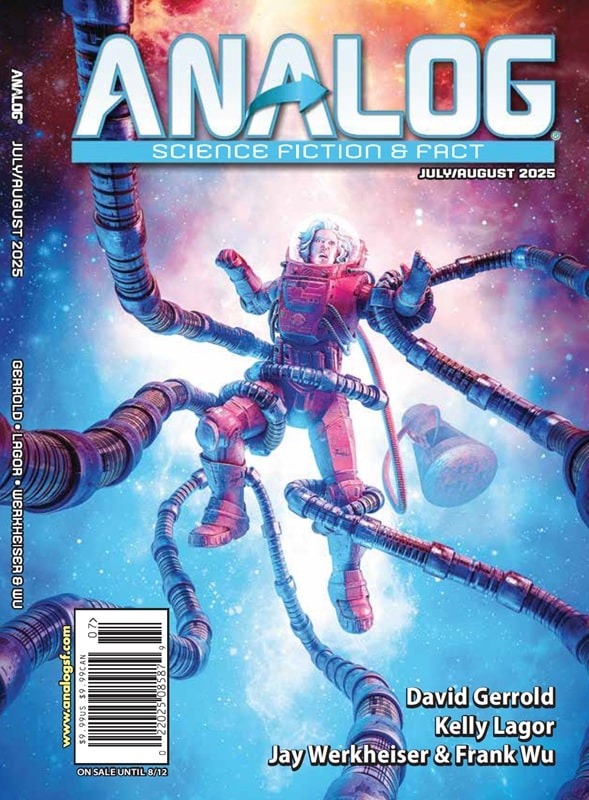 |
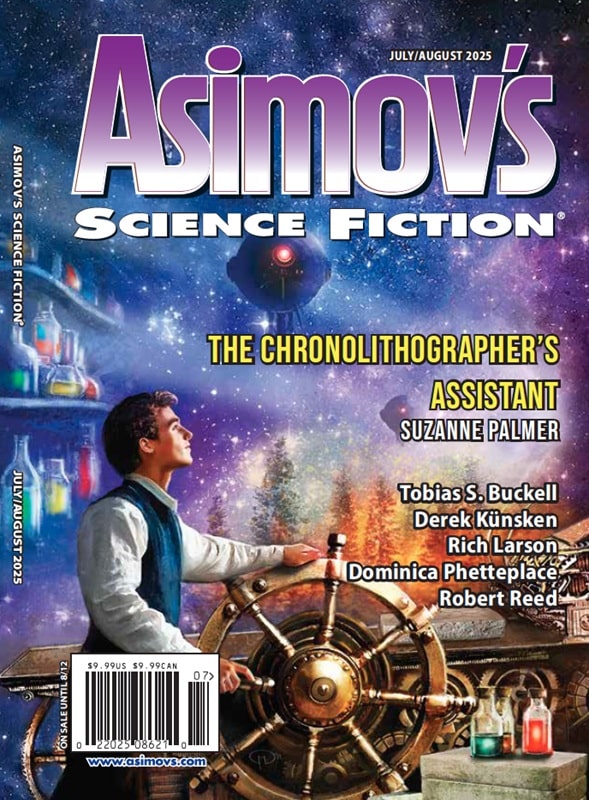 |
July-August 2025 issues of Analog Science Fiction & Fact and Asimov’s Science
Fiction. Cover art by GrandeDuc/Shutterstock, and Maurizio Manzieri
Back in February the last surviving print science fiction magazines, Analog, Asimov’s Science Fiction, and The Magazine of Fantasy & Science Fiction, were sold to Must Read Books, a new publisher backed by a small group of genre fans. I was apprehensive about what that meant for all three magazines, and indeed there were several hiccups, especially related to distribution. I had to wait more than a month after the on-sale dates for the July/August issues of Asimov’s SF and Analog to show up at my local bookstore, for example. But show up they did, and in fact the new September/October issues seem to be arriving more or less on time. Now if only we could see a new issue of F&SF…
The July/August issues are just as enticing as usual, with contributions from Rich Larson, David Gerrold, Suzanne Palmer, Dominica Phetteplace, Stephen Case, Robert Reed, Tobias S. Buckell, Derek Künsken, William Preston, Lavie Tidhar, Mary Soon Lee, Shane Tourtelotte, M. Ian Bell, Sean Monaghan, and many more.
